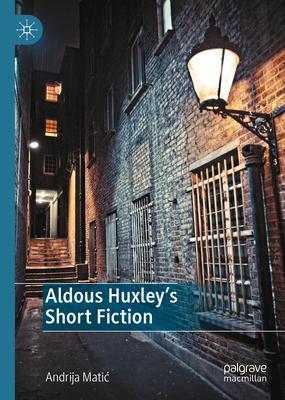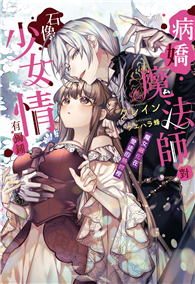Aldous Huxley’s Short Fiction analyzes Huxley’s short stories within a modernist context, highlighting that he shared more characteristics with distinguished modernists than is usually believed. The book also explores other features of Huxley’s short stories, focusing on themes such as consumerism, mainstream education, shallow intellectualism, women’s emancipation, toxic masculinity, and sensational journalism, themes that correspond with both Huxley’s time and our world, and position him among the most prophetic authors of the twentieth century. This study demonstrates that Huxley’s short fiction can provide answers to questions that remain confusing or partially explained in the research on Huxley’s work. It illustrates the constants and changes in Huxley’s opinions on organized religion, mysticism, and the relation between sexuality and spirituality, while also clarifying Huxley’s political opinion, which is often misunderstood due to his advocacy of pacifism. Finally, the in-depth interpretations of Huxley’s short stories reveal the dynamics of his literary style, especially his complex humor and irony, areas he developed more than any other modernist author of short fiction.
| FindBook |
有 1 項符合
Aldous Huxley’s Short Fiction的圖書 |
 |
Aldous Huxley’s Short Fiction 作者:Matic 出版社:Palgrave MacMillan 出版日期:2024-04-14 語言:英文 規格:精裝 / 230頁 / 普通級/ 初版 |
| 圖書館借閱 |
| 國家圖書館 | 全國圖書書目資訊網 | 國立公共資訊圖書館 | 電子書服務平台 | MetaCat 跨館整合查詢 |
| 臺北市立圖書館 | 新北市立圖書館 | 基隆市公共圖書館 | 桃園市立圖書館 | 新竹縣公共圖書館 |
| 苗栗縣立圖書館 | 臺中市立圖書館 | 彰化縣公共圖書館 | 南投縣文化局 | 雲林縣公共圖書館 |
| 嘉義縣圖書館 | 臺南市立圖書館 | 高雄市立圖書館 | 屏東縣公共圖書館 | 宜蘭縣公共圖書館 |
| 花蓮縣文化局 | 臺東縣文化處 |
|
|
圖書介紹 - 資料來源:博客來 評分:
圖書名稱:Aldous Huxley’s Short Fiction
內容簡介
作者簡介
Andrija Matic is an adjunct assistant professor at Baruch College, The City University of New York, USA. He is the author of five novels, a collection of short stories, and a study on T. S. Eliot’s complete works. He has also published many articles on Anglo-American literature, especially on modernist poetry and short fiction. Andrija Matic has taught at universities in Serbia, Kuwait, Thailand, Turkey, and the USA. He lives in Brooklyn, New York.
Postcolonial Stylistics
Postcolonial Stylistics
Chaucer’s Ethical Philosophy
Potter Stinks: Gender and Species in J. K. Rowling’s Harry Potter Series
Potter Stinks: Gender and Species in J. K. Rowling’s Harry Potter Series
Conjuring the Haint: The Haunting Poetics of Black Women
Conjuring the Haint: The Haunting Poetics of Black Women
Migration Literature in Translation: From U.S. Latinx Texts to Transnational Readers
Emporialism: Department Store Fictions and the Politics of the Mediterranean
Freedom Is Not Enough: T. S. Eliot for Liberation, Resistance, and Hope
Postcolonial Stylistics
Chaucer’s Ethical Philosophy
Potter Stinks: Gender and Species in J. K. Rowling’s Harry Potter Series
Potter Stinks: Gender and Species in J. K. Rowling’s Harry Potter Series
Conjuring the Haint: The Haunting Poetics of Black Women
Conjuring the Haint: The Haunting Poetics of Black Women
Migration Literature in Translation: From U.S. Latinx Texts to Transnational Readers
Emporialism: Department Store Fictions and the Politics of the Mediterranean
Freedom Is Not Enough: T. S. Eliot for Liberation, Resistance, and Hope
|








